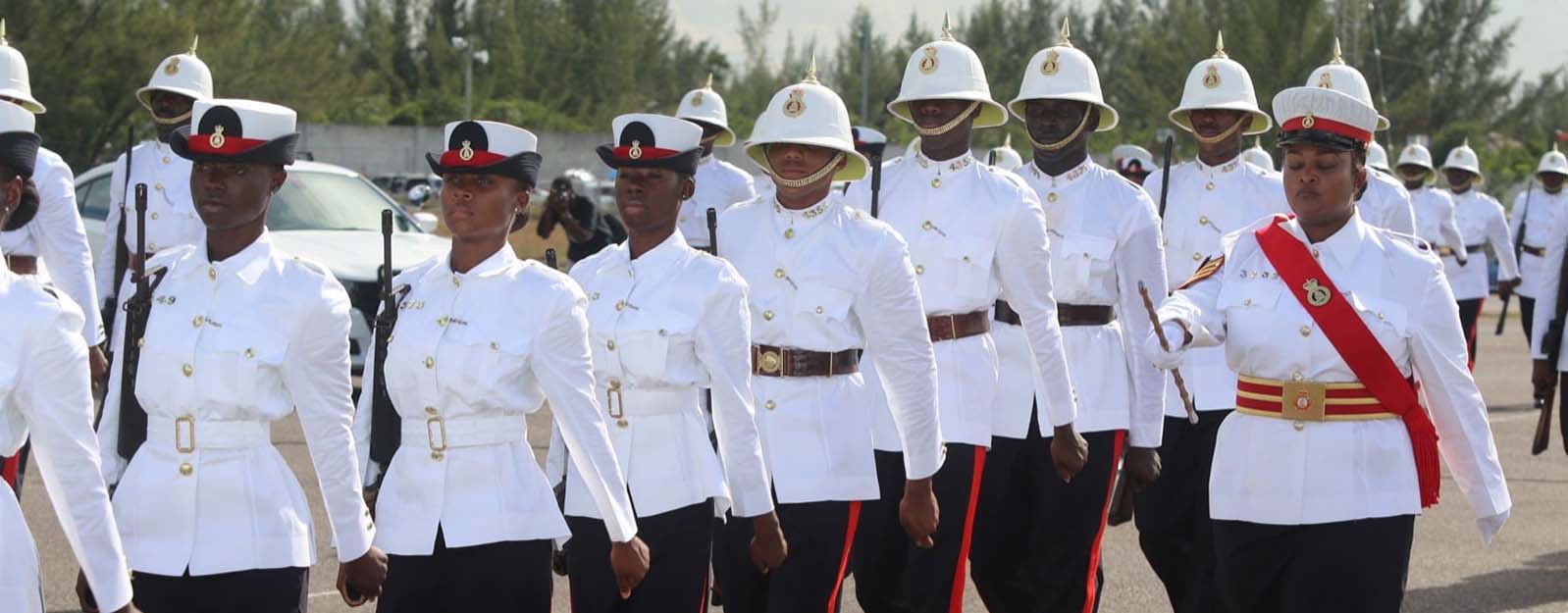
Becoming a police officer is not always easy, but is a goal that can be accomplished. The decision to join the police force is for some a life time goal decided upon very early in life, some as early as 5 years old, while for others the decision is made in later years. Either way, getting there is part of a highly competitive process which includes a number of important steps one will need to take.
First ask yourself "Why do I want to be a police officer?" If you can answer this question, then chances are, you haven't really though about it carefully. It is important to know that police work involves more than chasing criminals, a good salary, carrying guns and wearing the uniform. A policeman's job can be very stressing and dangerous at times and may require you to work additional hours. In addition to this, you would be entrusted with the lives of your partner and citizens of the community.
Second, decide whether or not you are willing to relocate to a remote location or a family island for any period of time. Occasionally during your career as a police officer, you will be required to travel and work on some of the family islands where a vacancy exist. You may be given choices based on the situation and accommodations will be provided at all times.
Third, do a background investigation on yourself. Go to your nearest police station and ask a station officer to do a warrant check of yourself to see if you are wanted for any traffic violation or pending court cases. Although traffic matters aren't criminal in nature, you must do your best to pay any outstanding fines before you apply. Also, visit the Criminal Records Office and get a police character certificate to ensure that you have a clean criminal history.
Fourth, contact your nearest police station to find out whether there is a district constable or community partnership programme that you can join. As a volunteer, you can work with the police in your neighborhood so that you can get an idea of what police work is like. Normally, you would be limited to a certain amount of police work; however, you can gain as much knowledge by asking questions and reading materials.
Fifth, speak to a family member and friend and inform them of your interest in joining the police force.


.jpg)